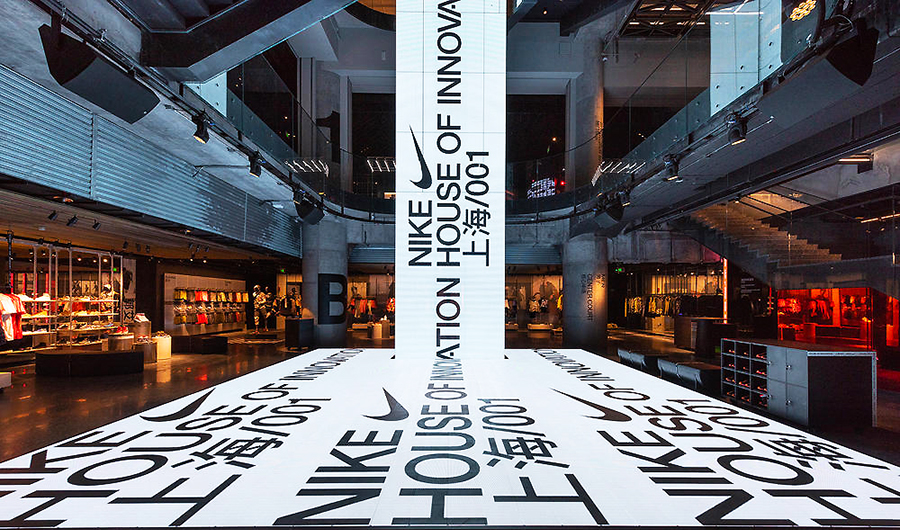Moody’s Investors Service assigned an A1 rating to Nike Inc.’s proposed senior unsecured note offering. All other ratings for the company were affirmed, including the A1 senior unsecured rating and Prime-1 commercial paper rating. The rating outlook was changed to negative. Proceeds from the offering will be used to significantly boost Nike’s already excellent liquidity.
The outlook change to negative reflects the material increase in term debt at a time when there is significant uncertainty around the duration and severity of the coronavirus spread, as well as the impact of store closures and reduced consumer spending on Nike’s revenue and earnings. The senior unsecured notes offering will likely materially increase the company’s financial leverage.
The affirmation reflects NIKE’s excellent liquidity, which provides ample cushion in the current challenging economic environment. Liquidity is supported by $3.2 billion of balance sheet cash as of November 30, 2019, which will be boosted by proceeds from the proposed notes offering and $1 billion of commercial paper issuance and access to its $2 billion long-term revolving credit facility. Moody’s also expects that NIKE will maintain financial policies that support maintaining strong credit metrics and excellent liquidity.
Assignments
Nike Senior Unsecured Regular Bond/Debenture, Assigned A1
Affirmations
- Senior Unsecured Commercial Paper, Affirmed P-1
- Senior Unsecured Medium-Term Note Program, Affirmed (P)A1
- Senior Unsecured Regular Bond/Debenture, Affirmed A1
- Senior Unsecured Shelf, Affirmed (P)A1
Outlook Actions
- Outlook, Changed To Negative From Stable
Rating Rationale
Moody’s said, “The rapid and widening spread of the coronavirus outbreak, deteriorating global economic outlook, falling oil prices, and asset price declines are creating a severe and extensive credit shock across many sectors, regions and markets. The combined credit effects of these developments are unprecedented. The apparel sector has been one of the sectors most significantly affected by the shock given its sensitivity to consumer demand and sentiment. More specifically, the weaknesses in Nike’s credit profile, including its exposure to widespread store closures and discretionary consumer spending have left it vulnerable to shifts in market sentiment in these unprecedented operating conditions and Nike remains vulnerable to the outbreak continuing to spread. We regard the coronavirus outbreak as a social risk under our ESG framework, given the substantial implications for public health and safety. Today’s action reflects the impact on Nike of the breadth and severity of the shock, and the broad deterioration in credit quality it has triggered.
“NIKE’s credit profile reflects its significant scale in the global athletic apparel and footwear industry with revenues approaching $41 billion for the twelve months ended November 30, 2019, the ownership of the “NIKE” brand whose distinctive `swoosh’ logo is one of the most recognized consumer brands in the world, and the Company’s solid track record of revenue, earnings and cash flow growth for an extended period of time. The rating also reflects NIKE’s strong credit metrics, excellent liquidity profile, and balanced financial policies which we expect will continue for the foreseeable future. The rating is constrained by the inherent cyclicality and changing consumer preferences in the global footwear and apparel industries, and high concentration of revenue in a single brand.
“With a negative outlook, an upgrade is unlikely over the near term. Ratings could be upgraded through consistent execution of its current long-term growth strategies, and if financial policies remain balanced and predictable with credit metrics sustained at or better than current (pre offering) levels.
“Ratings could be downgraded if operating performance were to significantly weaken or financial policies become more aggressive, such as resuming material share repurchases over the near term while significant uncertainty continues. Quantitative metrics include debt/EBITDA sustained materially above 1.5 times.”
Photo courtesy Nike Shanghai
















